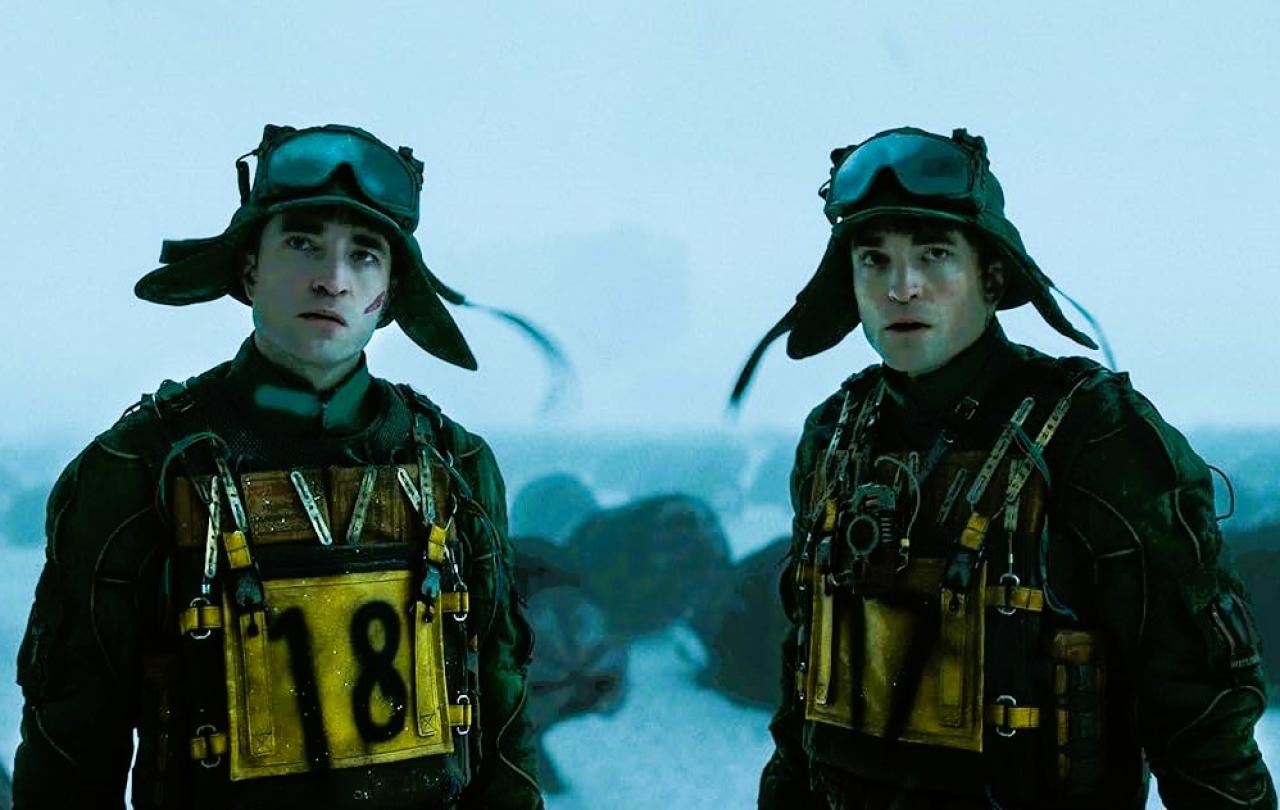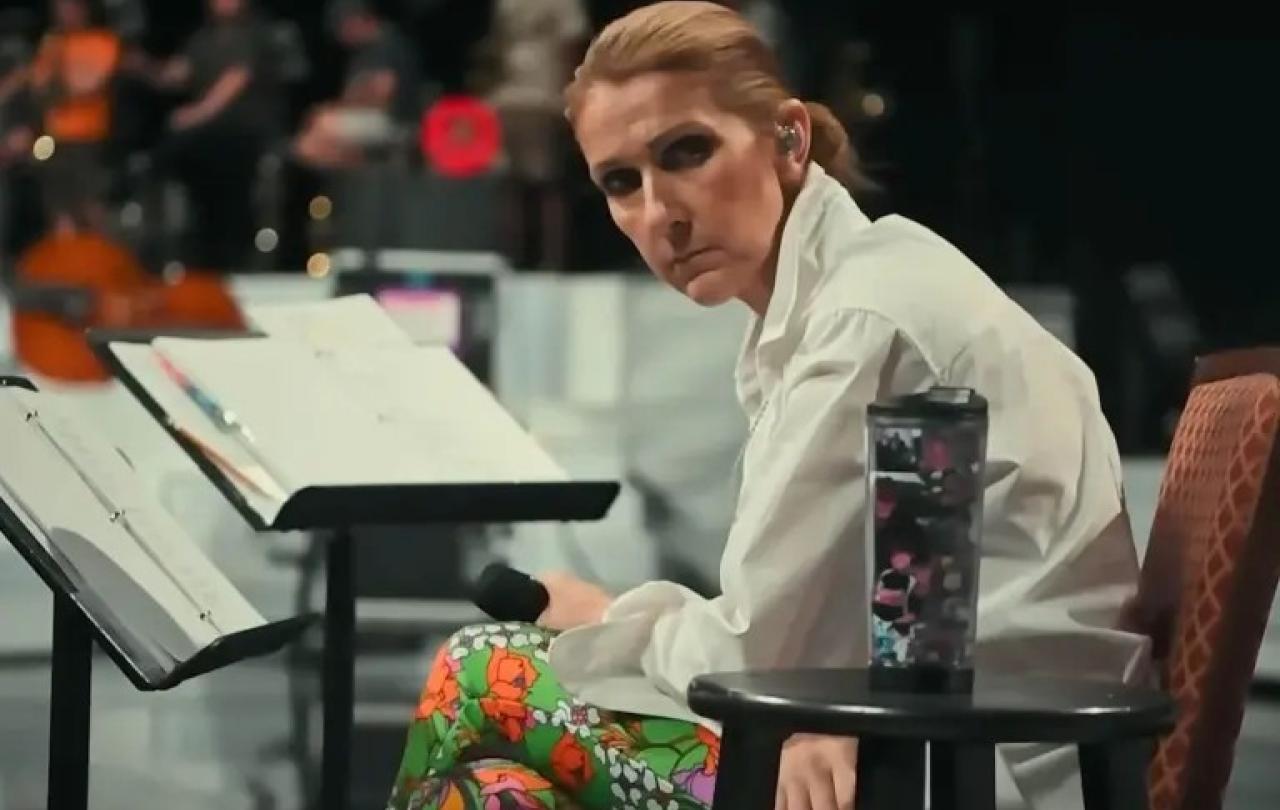
One of my favourite films of the last decade was Bong Joon-ho’s Parasite, a groundbreaking masterpiece in social commentary, humour and suspense. It won four Academy Awards in 2020, including Best Film - which was a first for a non-English language film - as well as numerous other accolades. So, when the director’s latest project, Mickey 17, was announced, I was eager to see if Bong could deliver another cinematic triumph of similar beauty, depth and precision.
Mickey 17 took me by surprise. To be honest, the change in genre took some adjusting to, but as I recalibrated my expectations, I realised that the film nevertheless retained Bong’s trademark thought-provoking and daring exploration of identity, purpose and the human condition.
Mickey 17 is in fact the eighth major film from Bong Joon Ho, but he is probably best known for Snowpiercer and Parasite. These films share common themes, particularly the stark divide between rich and poor and the rigid, two-tier nature of human society. In Parasite, we see the poor trapped in the flood plains of Seoul while the elite live in grand houses on hills. The film is structured around the visual metaphor of descent and ascent. In Snowpiercer, the class struggle is represented by the different carriages of the train, with the poor at the back of the train suffering in squalor while the privileged at the front enjoy luxury.
Us and them
In Mickey 17, this theme of societal hierarchy continues but in a futuristic, intergalactic setting. The divide now exists between the expendables—a class of human clones used for dangerous tasks—and the higher echelons of the spaceship crew, who are embarking on a mission to colonize a new planet.
Mickey’s journey to the spaceship begins in poverty. He and a supposed friend start a business, funding it through a loan shark. When the business fails, the loan shark threatens their lives. Desperate, Mickey signs up for the space expedition, barely reading the fine print—only to discover that he has agreed to be an expendable.
All expendables are humans who have been digitized – their entire bodies, brains, and psychologies are stored as data. When they die, they are simply reprinted, with only a week’s worth of memory lost. They exist to perform dangerous tasks such as testing the effects of radiation exposure, new vaccines, or extreme planetary conditions. In Mickey’s case, he has been fatally experimented on 16 times. He has been resurrected to his seventeenth version, and while he is still called Mickey, the question is whether this Mickey is the same Mickey who signed up for the space mission in the first place.
What does it mean to be human?
One of the film’s central philosophical questions is: What makes someone human? Mickey is biologically and mentally identical to himself, yet each iteration has a different personality. Some versions of him are more caring, others more aggressive or anxious. If he is just a replica, then where does his humanity lie? Is he just a product of his genetic code, or is there something more—something intangible—that makes him who he is?
It is the same question that has been asked since the beginning of time. The Bible claims that the first human beings were created in the image of God, but what does that mean? Did that first iteration of humankind have the same power, the same worth, the same purpose as God? This was the forbidden fruit dilemma – Adam and Eve were already like God, but the serpent tempts them to eat the fruit so they could be like God in a different way.
In our technologically advanced world, we are faced with the same fundamental difficulty in defining personhood: are we physical and spiritual beings with intrinsic dignity, infinite worth and unique purpose, or are we just biological replications existing for pre-programmed functions. If human cloning were to become common practice, would each clone be truly human?
What is a human life worth?
As far as the ship’s crew is concerned, Mickey is expendable. His pain, suffering, and even his existence are secondary to the mission. While the crew pursue the possibility of extending their own influence and power by colonising another planet, the expendables have no influence or power at all. The portrayal of this devaluing of human life is the most challenging of themes in Bong’s most popular films. In Parasite, the poor are only useful to the rich until they become an inconvenience. In Snowpiercer, the people at the back of the train serve those at the front, but they are seen as disposable. In Mickey 17, this exploitation is taken to its extreme—Mickey’s entire purpose is to die over and over again for the good of others.
In a world that often assigns value based on productivity, Mickey 17 provides a stark warning about dehumanization. If we begin to measure worth based on what someone can do rather than who they are, we risk treating people as commodities. The Adam and Eve story turns that on its head. They were declared ‘good’ before they were given their roles to take care of one another and creation. Their function was an overflow of their dignity, not the other way around. And even after the forbidden fruit incident where the world was infected with sin and death there is a thread that reminds us that each life is precious. The Psalms declares that each of us is “fearfully and wonderfully made”. Jesus spent his life upholding the dignity of those society deemed inconvenient and expendable – the poor, sick and marginalised.
What does death achieve?
Despite dying multiple times, Mickey still fears death. Even though he knows he will be reprinted, the experience remains terrifying. No amount of technology, it seems, can remove the instinctive human fear of mortality. In fact the question that everybody that has contact with Mickey wants to ask is what death feels like, because everyone, whether a friend or simply a user of Mickey has to confront their own mortality.
In the final act, Mickey makes a choice. Instead of living in an endless cycle of death and resurrection, he chooses to grow old with one person. He destroys the only means by which he could achieve immortality. The film is suggesting that relationship is more important that reusability. Finiteness—the ability to die permanently—is part of what makes life meaningful.
The Bible teaches that there is an Adam 2.0. While the first Adam brought sin and death into the world, the second Adam – Jesus – brought redemption and eternal life. Both Jesus and Mickey choose death to break the cycle of suffering. But while Mickey chooses to abandon his contract as an expendable, Jesus willingly became expendable for the sake of others. His death was a once-for-all sacrifice that broke the power of death for all.
What about resurrection?
If there is life beyond this life what does it look like? Is it merely reprinting? A chance to try again? Or is there, as Adam 2.0 leads us to believe, a resurrection into a whole new world that even science fiction cannot begin to imagine?
At its heart, Mickey 17 asks profound existential and ethical questions. It forces us to confront what it means to be human, what that human life is worth and how we deal with our mortality. It doesn’t provide us with answers but it invites us to wrestle with these crucial ideas. And in doing so, it points us back to the only hope that is worth having: a view of life where value is not earned, our existence is not expendable, and death is not the end.
Celebrate our 2nd birthday!
Since March 2023, our readers have enjoyed over 1,000 articles. All for free. This is made possible through the generosity of our amazing community of supporters.
If you’re enjoying Seen & Unseen, would you consider making a gift towards our work?
Do so by joining Behind The Seen. Alongside other benefits, you’ll receive an extra fortnightly email from me sharing my reading and reflections on the ideas that are shaping our times.
Graham Tomlin
Editor-in-Chief





